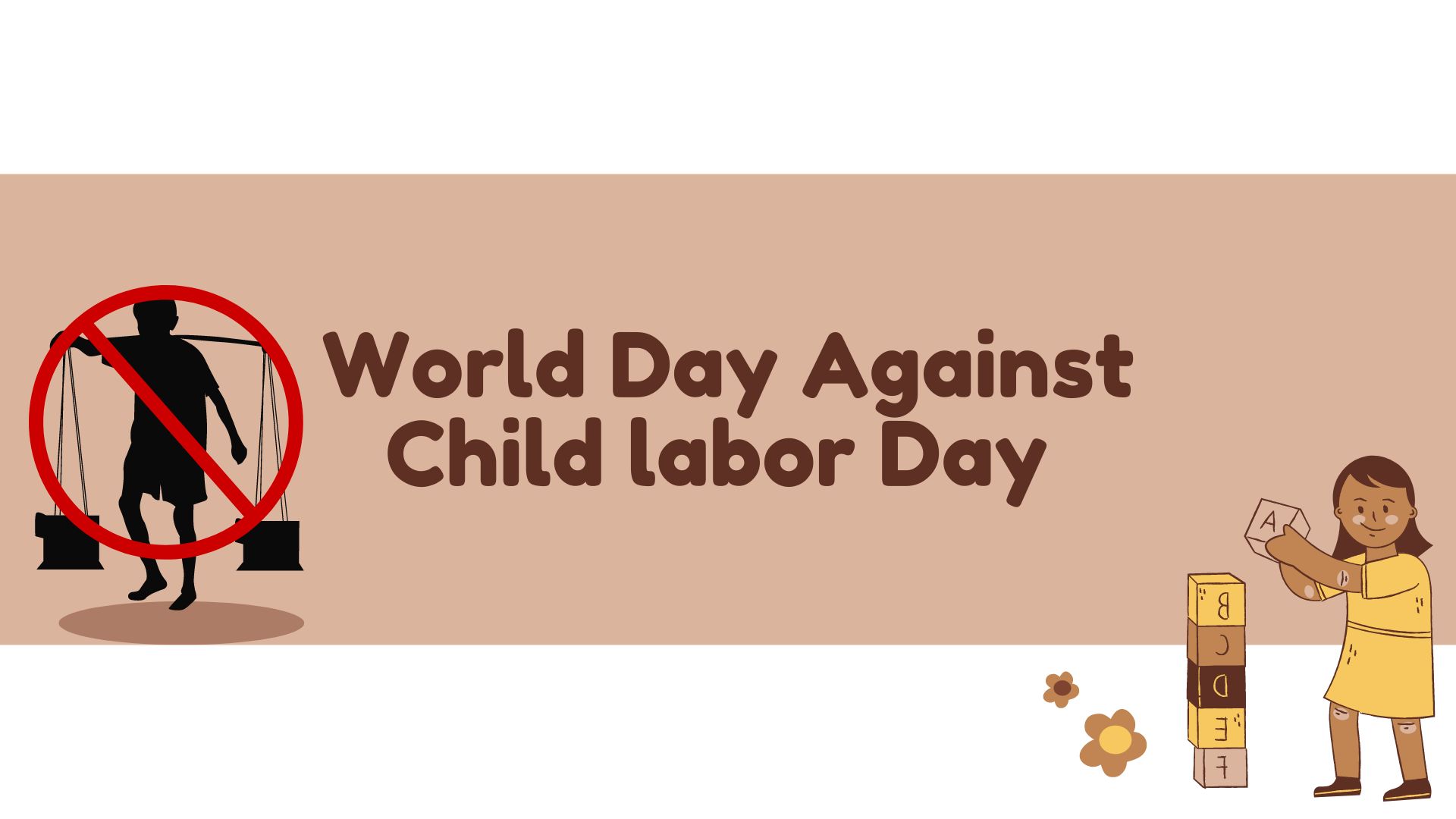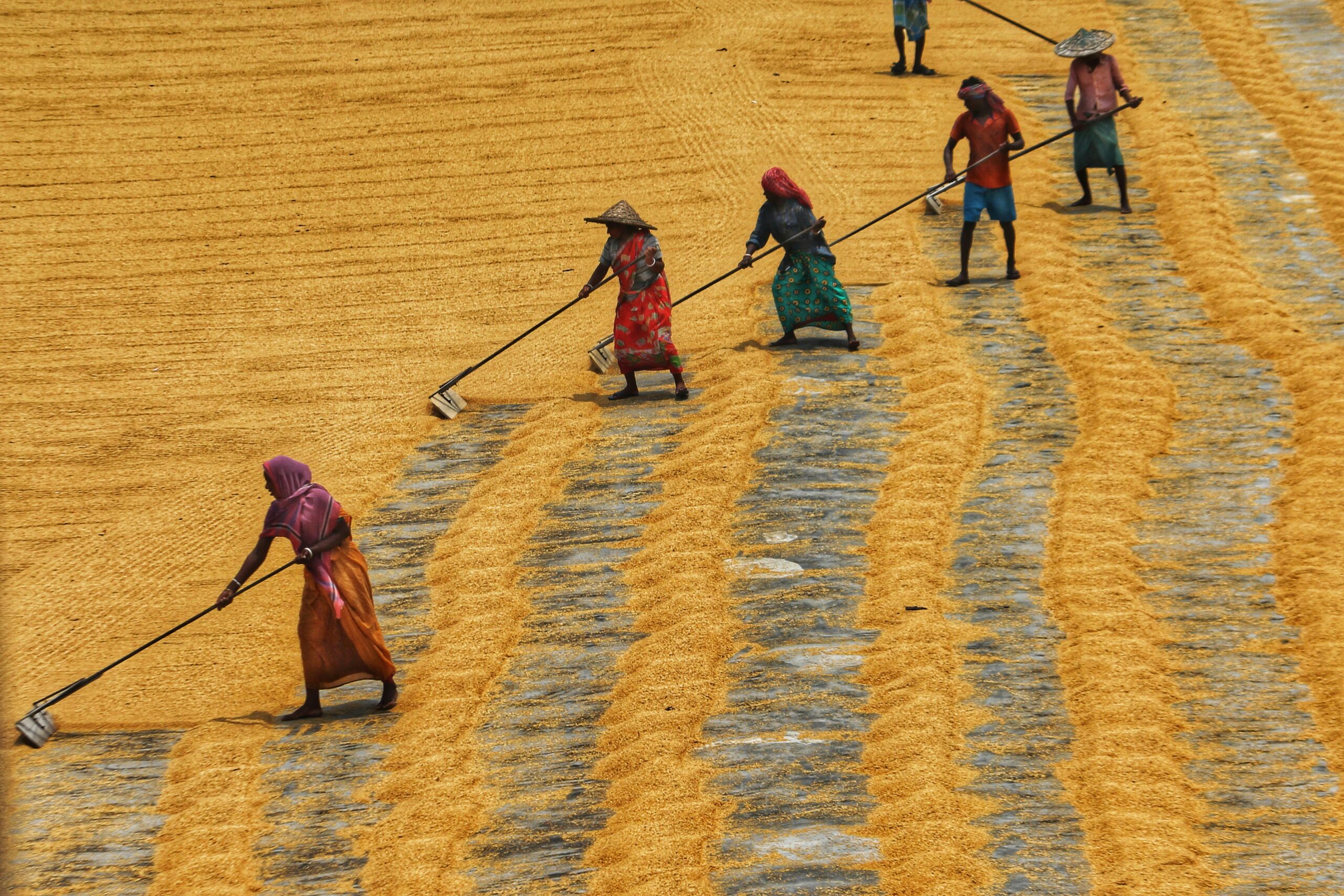Assistant Director – Centre for Responsible Business
The transition to a net-zero carbon economy presents both challenges and opportunities to advance gender equity. As industries develop strategies to decarbonise their operations and supply chains, there is an opportunity to integrate gender considerations into policies, processes and partnerships consciously.
The first step is to prioritise hiring, retaining and promoting women at all levels of the organisation. This starts with implementing equal pay and family-friendly policies supporting women’s workforce participation. Setting diversity targets and incentives for leadership roles is key and additionally providing professional development opportunities for women and marganalised groups, creating a talent pipeline for the future
Companies can also introduce gender-sensitive environmental policies and practices. For example, providing gear and equipment tailored to women’s needs can enhance safety and productivity. Ensuring access to clean, safe and private sanitation facilities is vital. Conducting environmental impact assessments through a gender lens helps minimise risks specific to women.
Incentivising diversity and inclusion more broadly creates a space for new perspectives. Gender-sensitive financing programs and partnerships with women-led green businesses support women’s economic empowerment. Further, Anti-discrimination and anti-harassment policies that address gender-based violence are essential.
Conducting gender analyses, particularly in supply chains, identifies gaps in gender data and representation. This enables the development of evidence-based interventions to meet the needs of all genders. Monitoring and evaluation mechanisms should track gender-disaggregated metrics.
Partnering with women’s rights organisations brings gender expertise into program design and implementation. Their insights ensure gender-equitable access to training, resources and benefits, that can support monitoring for unintended consequences.
Market-based mechanisms like carbon pricing and emissions trading can also be redesigned to promote gender equity. Incentives for diversity and inclusion make sustainability investments accessible to all. Gender-equitable labels and standards align incentives with ethical principles. Clear regulations prevent unintended harm to marginalised groups.
Putting a gender lens on ESG criteria promotes diversity and inclusion, contributing to better performance on sustainability goals. A gender lens on ESG assessments raises awareness of gender stereotypes and power imbalances, which can enable a more holistic solution that meets the needs of all genders.
A collaborative approach is key. Industries and Civil society organisations can engage with industry and government to develop gender-equitable strategies, incentives and oversight mechanisms. Cross-sector partnerships bring diverse perspectives together to innovate solutions.
The path to decarbonisation will not be easy, but it presents a unique opportunity to rebuild our economies and societies on a more just and equitable foundation. Centring gender considerations now will help ensure decarbonisation efforts empower women and marginalised communities well into the future.
“NOTE: The views expressed here are those of the authors and do not necessarily represent or reflect the views of CRB.”












































































































